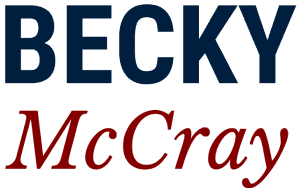The Recession-tested way to support new business startups
In Washington, Iowa, (population 7,000) a huge old department store building sat empty for years while the owners struggled to find any tenant that could fill over 15,000 square feet. A few stores came and went over the decades, but by the Great Recession, it seemed impossible to fill.
Then a group of locals came up with a different solution, one that looked to tiny businesses to succeed. They took 15,000 square feet of the retail space, and divided it up into individual storefronts facing the inside of the building.
The Village opened in 2008, the middle of the economic downtown. During a downtown renovation that tore up the sidewalk in front. And then key towns in their market area were hit with devastating floods, cutting down their potential customer base.
In the face of all that, The Village succeeded. It’s still thriving over a decade later. (Check out The Village Facebook page.)
It works because it nurtures tiny startups.
When you walk in today, it looks just like a little village of shops inside the building. Each storefront is only 80 to 140 square feet, so tiny retail businesses can fill them up. Inside the mini village square in the center, they set up push carts to give even smaller retail opportunities for even tinier startups. There’s even a one-wall bookstore, just shelves on a wall. So you can start a business on a pushcart, then step up to fill a tiny storefront, maybe expand to two spaces, then graduate to a larger of your own somewhere in the downtown.
They made room for everyone to try an idea.
When you’re thinking of supporting new small startups during your own economic downtown, keep thinking smaller and smaller and smaller until you get down to just one wall. Make room for everyone to try an idea in a small way.
Keep shaping the future of your town,
Becky
PS – Deb and I share more ways to nurture new business startups in a rough economy in our new video, Refilling Your Business Pipeline. You’ll get ideas for nurturing food businesses, industrial startups, artists and entrepreneurs.
